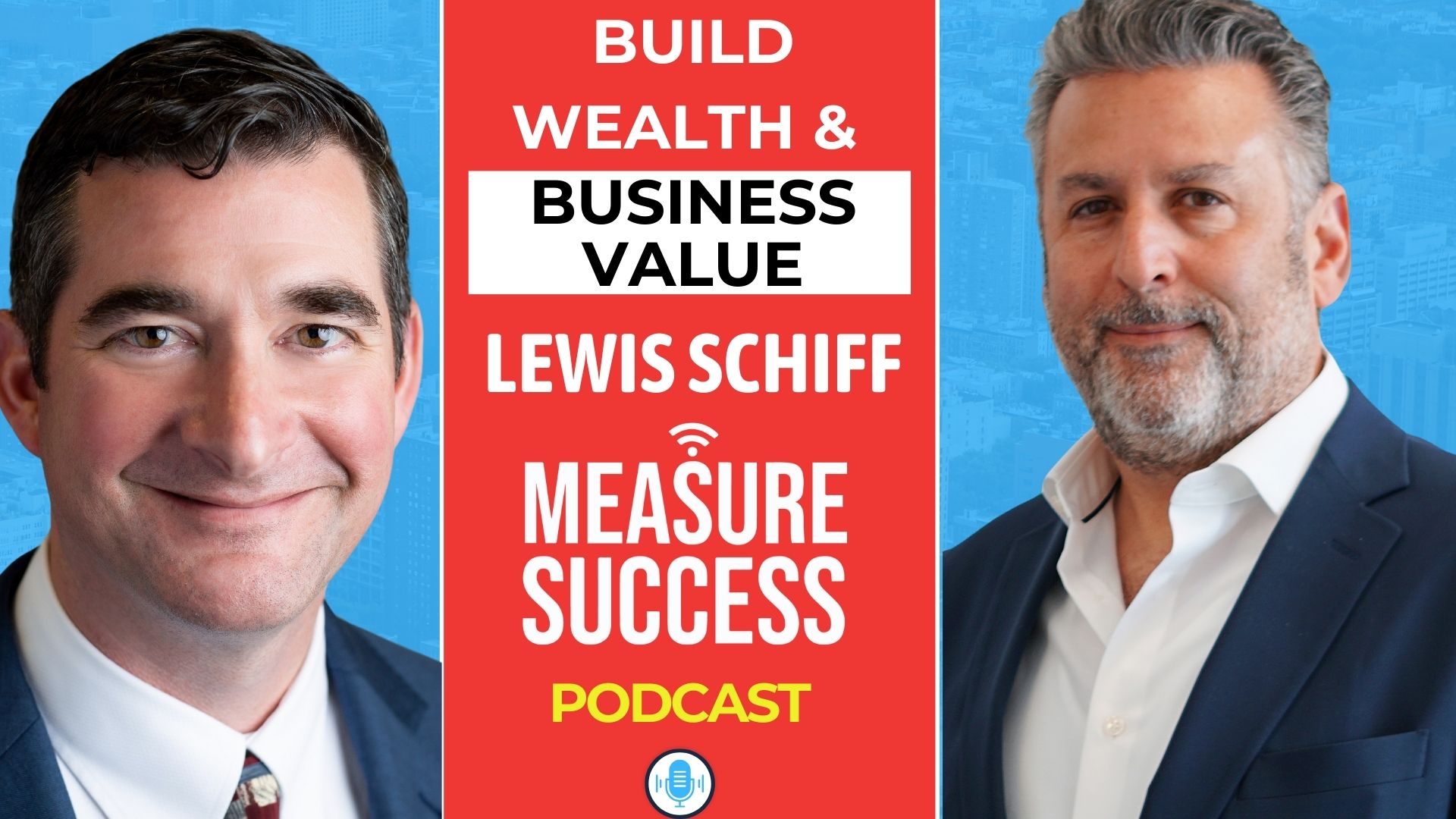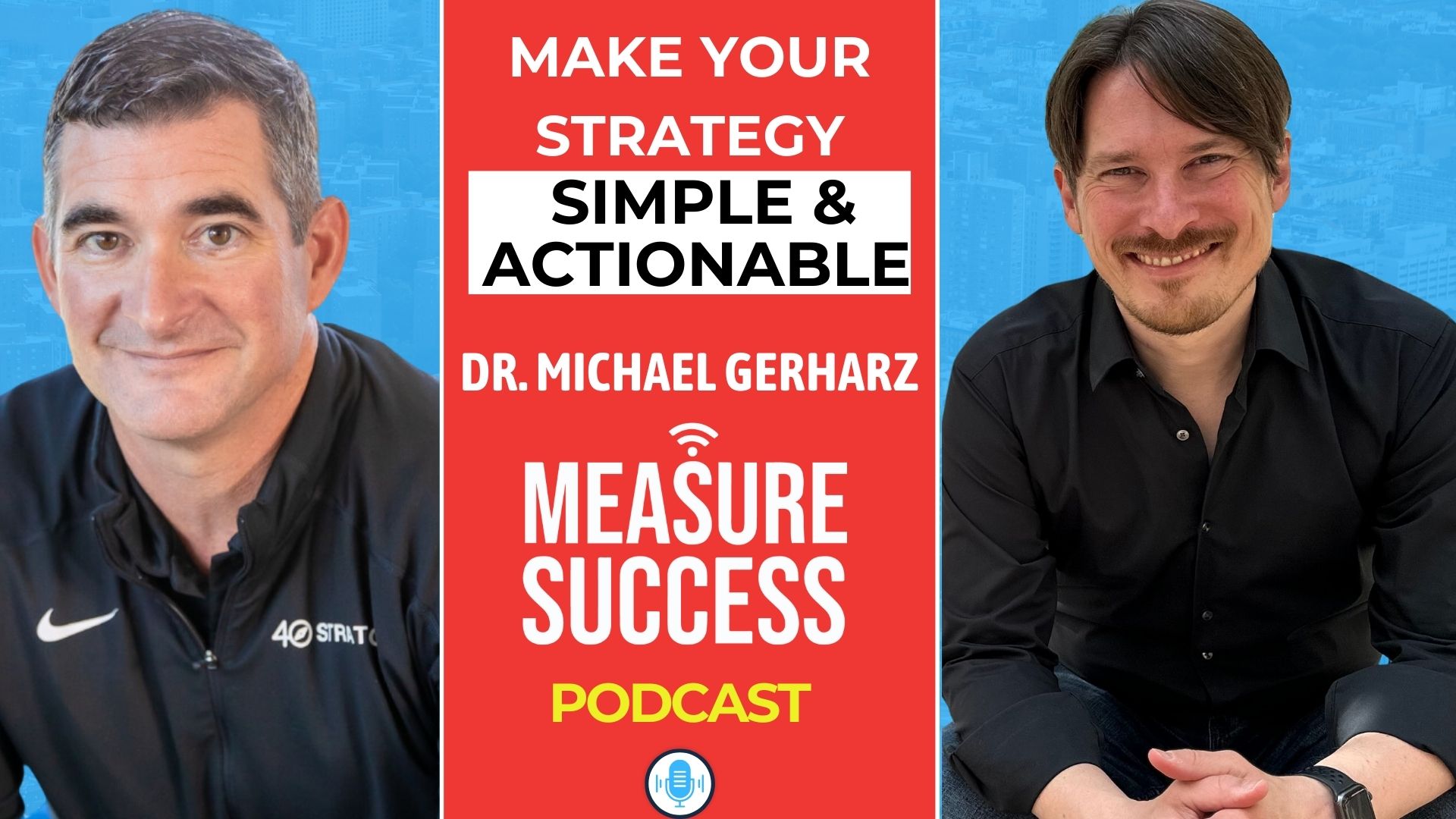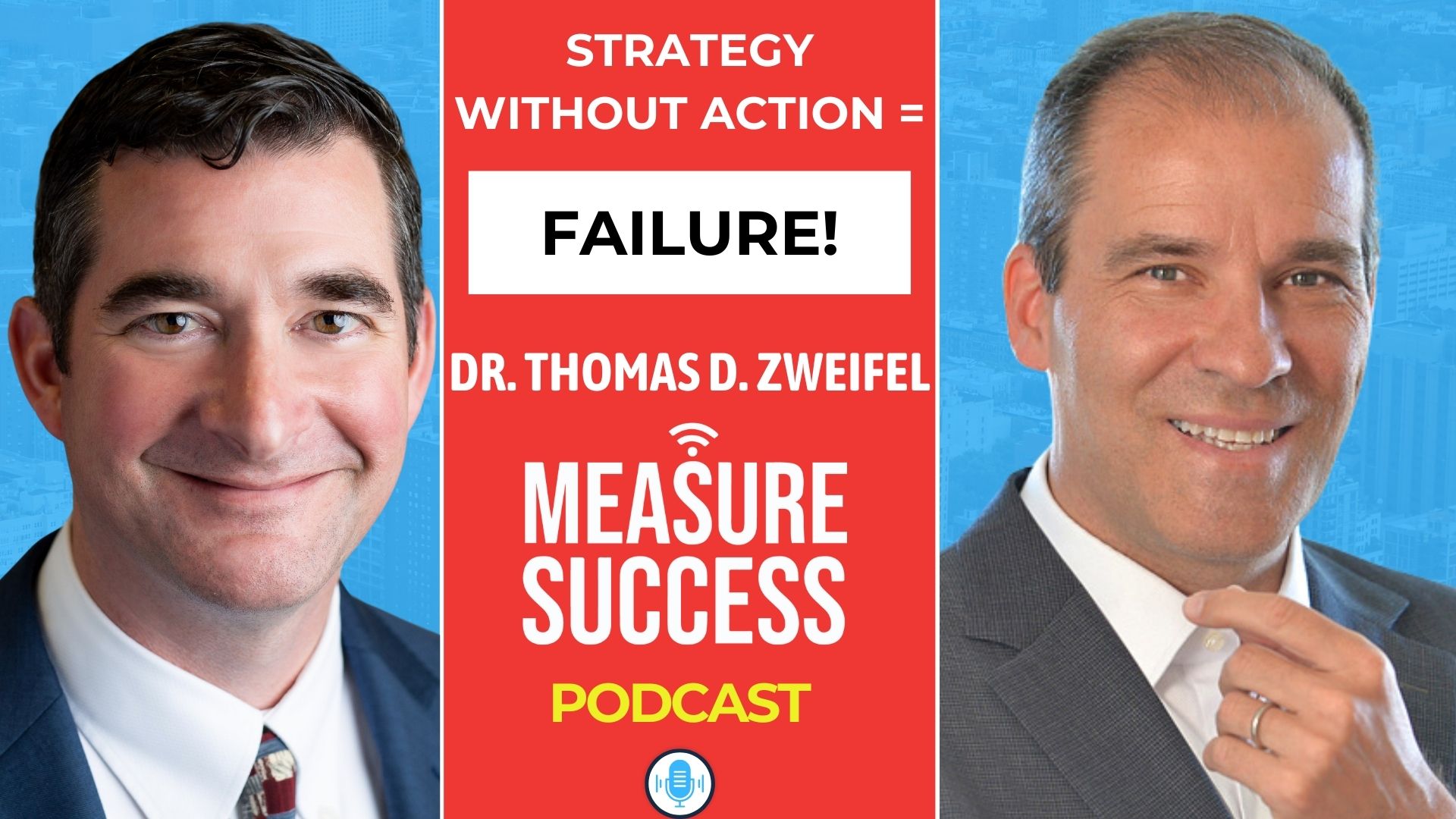Amir Kanji 14:36
Well, we have developed a reputation over the 20 plus years, almost 30 years now that we provide quality products. If there’s any question about our quality of a product, we will not supply it to them. We’ve had that reputation built over the years they’ve learned to rely on us for that. They also understand that in an emergency we will turn on a dime and provide the product as urgently as necessary. So we have basically a very service oriented company. And they understand know that we will accommodate the needs that they have. Sometimes you have an urgency happens on disease spread all of us explores in their faces and we are ready to serve that market. That’s been a success for us.
Carl J. Cox 15:21
So give me what would be an example of a story like that where a client was, or a state, a state, a country had a severe outbreak of a particular disease. How give me example of that, and tell me a story about how quickly you were able to rapidly turn around the amount of tests so they can help deal with that crisis.
Amir Kanji 15:43
There’s a disease called trek Manas features that infect bulls, as I mentioned earlier, various state agencies mandated that the bulls be tested. regularly, all of a sudden, that became a big issue, the spread of the disease. And we were called upon to provide those tests in a great larger numbers than we’d ever been making before. So we pivoted towards ordering special equipment to make the product in a matter of three months, we were able to ramp up our production from 10 acts to meet meet the demand, successfully able to do that. And subsequently, we also recognize that the tests were being now conducted under molecular test pages rather than microbiology testing. So we have developed products for that market as well to meet the needs of the technology change.
Carl J. Cox 16:42
That is a huge change in three months three to 10 next year Production Development right to actually be able to deliver it so they can actually get to reducing the spread of the disease for for the bulls. That’s, that is a incredible turnaround to be able to do that. And it has there been hasn’t been able to show to help reduce it have has these tests been able to have they been able to fend off this disease somewhat.
Amir Kanji 17:09
Actually, what it is, is really the demand for the test went up incrementally. And we were able to meet that demand because of the state passing regulations for the bulls not to be able to cross state lines, or not to be used for semen production. So it was really an emergency that we were able to handle. Excellent.
Carl J. Cox 17:29
Thank you. Thanks for Thanks for clarifying that. So let’s, let’s go to the next part here, which is which is talking about you on the personal side, you have multiple different investments throughout the world that you’ve been involved with? How do you keep up your energy to help measure be aware of and to help drive your own personal success so you can do the things where it takes to be successful on a day to day basis?
Amir Kanji 18:01
Well, I am one of these fortunate individuals that does need a lot of sleep, I tend to sleep for six hours a day. And I’m able to read a lot understand a lot about what is happening in the world, in the various fields. So that’s one of the things that keeps me going quite a bit. I love reading. I love music. So those things are my personal response cycle.
Carl J. Cox 18:27
And so we’re going to talk about the reading thing here in a little bit about that particular question. But so when you that’s pretty crazy. So with four hours of sleep, you feel pretty comfortable to move on each day. Is that right?
Amir Kanji 18:42
I do. But then I also take a little sort of cat nap as middle of the day in my office. I’ll sit down and close my eyes for 30 minutes and be refreshed. That’s something that helps you do that.
Carl J. Cox 18:53
I you remember one of my very first internships I had at the University of Washington I was actually working with the person who was developing utility services and in like telecom refund services he was doing and he was working as home I went to his house and he said a Carl gonna go to sleep and I’m like your current sleep. But he turned around like 10 minutes later is completely refreshed with his catnap Have you get that down pretty good, where you can take a relatively short nap and feel completely refreshed and ready to go.
Amir Kanji 19:27
Absolutely. I do this almost on a regular daily basis. I will close my eyes for 1520 minutes in the office but a Do Not Disturb sign on my door. Go to sleep with payments and then I find completely refreshed.
Carl J. Cox 19:39
Well I have tried that a few times. I actually I have learned though, if you go past that 30 minutes like sometimes when I do get a chance to subside I make sure I do wake myself up by 35 minutes because I realized if I start going deeper I get pretty groggy when I wake back Got. And so do you, but you just naturally just wake up in that 10 1520 minutes.
Amir Kanji 20:06
Yeah, it’s been a practice effort on my part to have done that, you know, I’ve learned to do that. For many, many years. Yep. Yeah, they try to try to if I can’t go to sleep, I’ll try to meditate for 1520 minutes. Hmm, that helps relax as well. Right.
Carl J. Cox 20:23
Right. So, so you have that. So how do you? I don’t know, if you have this? How do you measure success? in your, in your, in your personal life? You know, you have this element you provide, you have all this energy, you have all these things going on? How do you know you’re in good flow, you know, on a regular basis, so you can help you feel like your optimum, is there? Is there any way that you’re doing that, and measuring some type of success in your own personal life?
Amir Kanji 20:52
Well, I, I’ve measured success more from a philosophical standpoint, rather than a culinary standpoint, in that, I feel that if I put my head down on my pillow at night, I pray that I have not offended anybody. I’ve not cheated anybody, I’ve not done that. And that I’ve spent my day doing something positive useful for others. You know, it the sources really in my in my faith in a way, which is anchored in my faith, and the ethos of the faith is to help those who are less fortunate than you are. So I practice that as a there’s a daily ethos, shall we say?
Carl J. Cox 21:36
Yeah, yeah, I think that’s, I appreciate you bringing that up. Because often when people do this, they’ll think of something specific. But this is this is much more about a being side that you’re talking about not the doing side, but on the being side, have you? Well, you it’s two elements behind it one, do you feel like you’ve done the right things, but also looking back and making sure that you you’ve done the right thing and are helping others? What happens when you do have that problem? These are the times you can’t sleep when you when something has gone wrong? on a personal basis? Is this something you try to remedy if you have this thing you’re doing on a regular basis to try to remedy that as quick as you can?
Amir Kanji 22:16
Yeah, you tried to understand that what you reflect on the decisions you’ve made, and why did you make the wrong decision and then try to ameliorate that decision somehow. either be if you’ve offended, somebody will apologize to them. Or if you’ve done something that is really you don’t repeat that same mistake as a key. You’ll really learn from your mistake and don’t do that again. Yeah,
Carl J. Cox 22:39
yeah. Yeah. Yeah. That’s
Amir Kanji 22:42
some more a self reflection. Really? Yeah.
Carl J. Cox 22:45
Yeah. No, that is a, I really appreciate that. I think that’s great advice. For those who are listening and to have that element by Well, one of my favorite questions to ask as we wrap up this interview. Amir is you already mentioned you you love reading? So what are some top books you could recommend to our audience?
Amir Kanji 23:08
One of the books I finished reading recently is called Dark Towers. It’s about the Deutsche Bank and is finagle earnings in the in the financial market. And in my background, and finances led me to read a lot about what is it that was so damaging to our economy during the 2008 crisis, and unfortunately, I’ve sometimes feel that we don’t learn from those mistakes and repeat them. So that was one of the interesting books. I just finished reading that currently, I’m reading a book about the Koch Industries, history of the Koch Industries are a very successful family originated company. And I am trying to understand how what made them so successful.
Carl J. Cox 23:56
And whose Do you happen to know the author of that of that?
Amir Kanji 24:01
Fortunately, I forget the name of the author, I tend to get deep involved in the book,
Carl J. Cox 24:06
no problem. So that’s really in coaches at Koch. I just want to make sure from my
Amir Kanji 24:13
family, Koch. I think it’s pronounced.
Carl J. Cox 24:16
I think it is. I think you have it right. And, and But no, I, I think that’s really fascinating that you’re reading about it, because I am familiar with it. But I have not read deeply myself into their particular it’s one of those very quietly successful organizations, right, that have just been incredible. And it’s that but they’re not as well known. Right, as a lot of some of the other brands that are out there. Right. But I think that’s that’s really fascinating that you go into it. So anyway, thank you for those those two recommendations.
Amir Kanji 24:50
There’s one other book that I’ve just bought, I haven’t read it is Fareed Zakaria spoke on the 10 issues that I think everybody should understand what is happening to him. What was it called? I forget the title of it is sitting on my bedside. It’s written by Fareed Zakaria, the the broadcaster. But an interesting book, I have bought several copies of it to give to my friends to read as well.
Carl J. Cox 25:16
Again, well, please share with me that that title, that specific title, when you get to that, because that’s that’s, that sounds super interesting. Well, we’ve been talking with Amir Kanji, from Biomed Diagnostics, and Amir, where can people learn more about your company? What do you do?
Amir Kanji 25:38
Well, we have a very good website URL describes all our products and how to use them. We’re also involved in the social media side of things, Facebook, as one on one of those websites, and I believe mice marketing people have been working with. And of course, we have, we were known with the Southern Oregon Community because we part of the Chamber of Commerce, where we’ve been very welcomed by this already organization in Southern Oregon. And generally, we tend to do projects with with Southern Oregon University, we’ve done a broadcast that we’ve done some, something about science education in schools, by donating 10,000, petri dishes to the local schools and given the microscopes that children will get excited about science. So we do our little bit of stuff to, you know, for our community locally. And at the same time, hopefully people will know more about us from our work that we do with international agencies.
Carl J. Cox 26:47
Amir, thank you. Thank you so much for your time and for the contributions that you provide to our listeners. And to everyone else, I want to thank you to listen to the Measure Success Podcast, wishing you the very best at measuring your success.
Amir Kanji 27:02
Thank you. My pleasure.
Carl J. Cox 27:03
Thank you.
Thanks for listening to the Measure Success Podcast. We’ll see you again next time to learn from the best. Remember to subscribe now to get future episodes.




